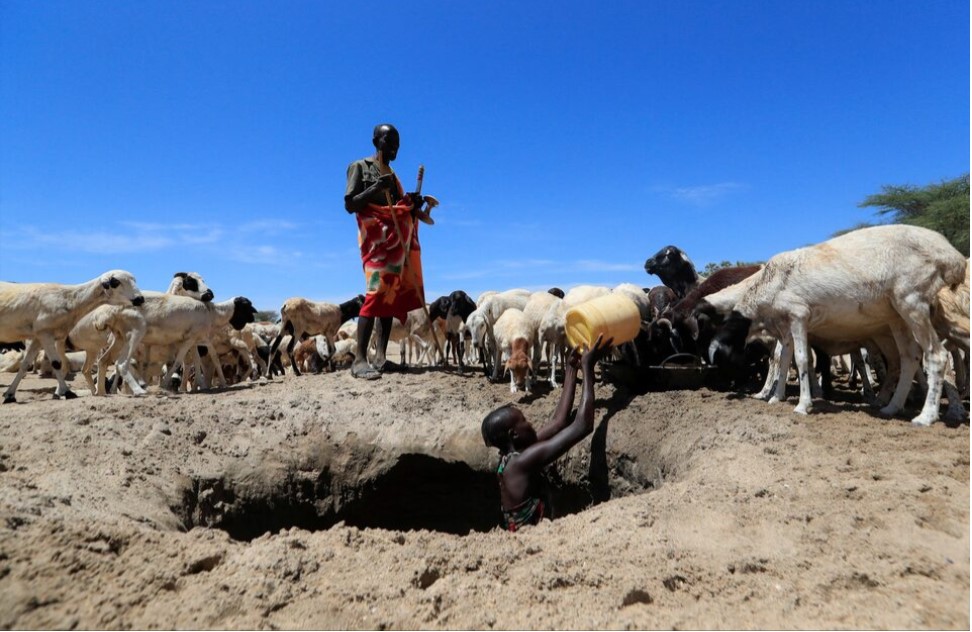
Expert: Early warning systems help pastoralists tackle climate change
With climate variability increasing, pastoralists across Africa face heightened risks from prolonged droughts, erratic rainfall, and extreme weather events.
As the June-September rainfall season approaches, timely access to accurate weather forecasts is essential for adjusting migration routes, safeguarding livestock, and protecting livelihoods.
Despite the growing availability of weather and climate information services that could assist pastoralists in adapting to climate change, their usage remains limited among communities in the Horn of Africa.
Climate change expert Dr James Muthoka emphasizes the urgent need for improved early warning systems (EWS) to address these challenges.
”Regional cooperation is crucial for effective early warning systems due to the cross-border mobility intrinsic to pastoralist livelihoods. Early warnings can become fragmented without coordinated regional efforts, leaving communities vulnerable to unforeseen climate risks. Collaboration enables synchronized data sharing, unified alerts, and aligned interventions
across borders.”
Pastoralist regions currently rely on a combination of formal and traditional EWS.
Muthoka points out that while formal systems like climate risk and early warning systems offer structured alerts, they frequently lack the localized detail necessary for pastoralist decision-making.
”However, the effectiveness and reach of these systems vary significantly. In regions such as Kunene, Namibia, there remains limited infrastructure to adequately deliver timely warnings.”
Advancements in AI and technology present a unique opportunity to enhance the dissemination of weather and climate information in ways that resonate with pastoralist communities, many of which are rooted in oral traditions.
”Such tools can predict pasture availability, monitor water sources, and track environmental changes critical to pastoralists’ decision-making,” Muthoka says.
However, challenges remain. Inadequate infrastructure, limited internet access, and complexities in data integration can impede the deployment of these technologies.
By focusing on accuracy, accessibility, and community engagement, Muthoka believes that the next decade holds significant promise for advancements that can better support pastoralists in navigating an increasingly unpredictable climate.






